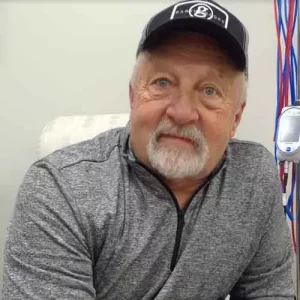We’ve witnessed transformative outcomes for individuals managing pinched nerve pain. You, too, can join the growing community of people who have found relief and reclaimed comfort and mobility with Neuragenex Neurofunctional Pain Management.
Neuragenex NFPM provides hope for individuals dealing with pinched nerve pain, offering alternative treatments to medications or surgeries. Our specialized Neuragenex Neurofunctional Pain Management protocol aims to not just manage the painful symptoms of a pinched nerve but also to improve your overall well-being.


















